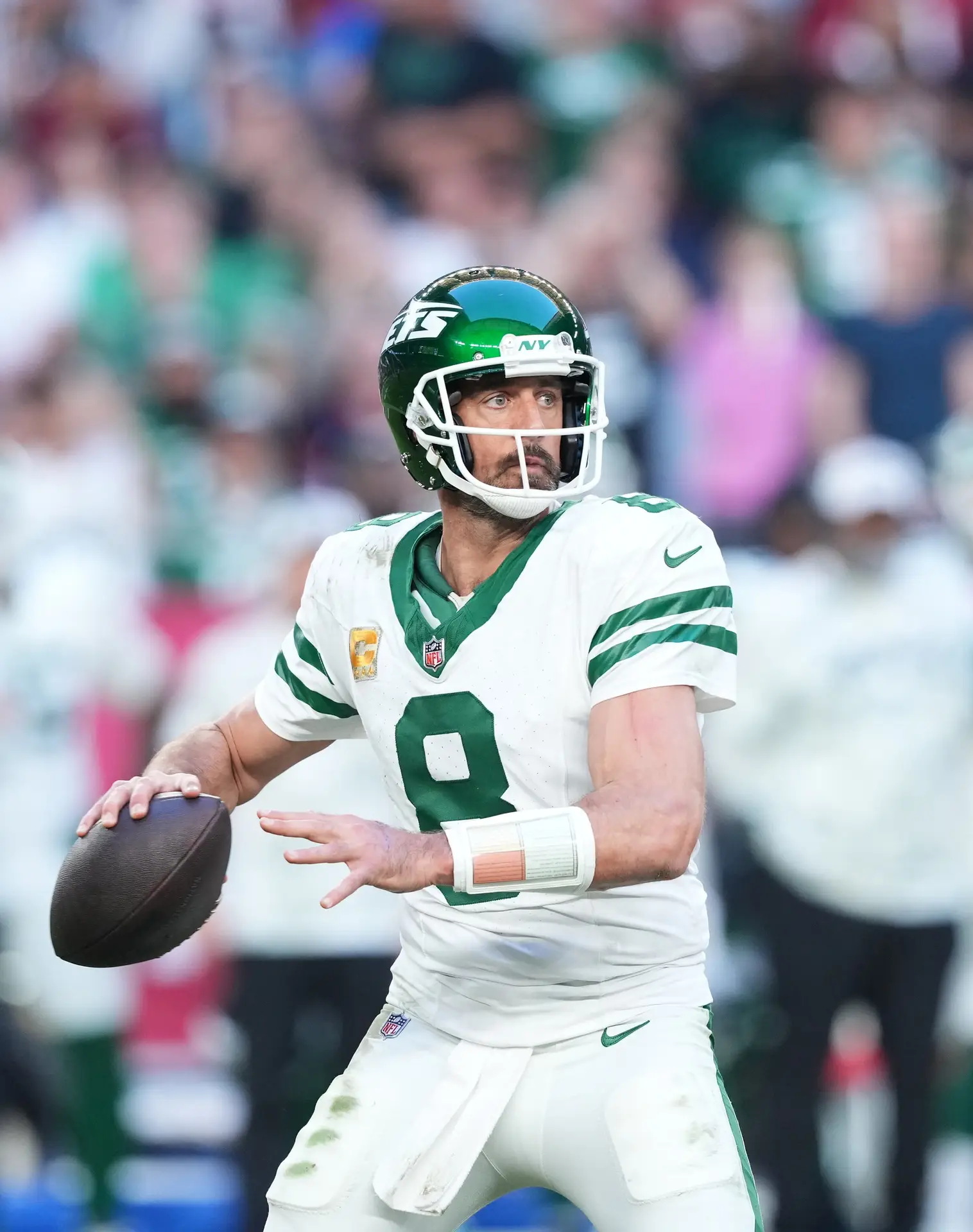49ers’ Ward Uncertain About Future After Gridiron Trauma Test
Concussion Concerns: A Deeper Dive into Ward’s Dilemma
San Francisco – After failing a recent gridiron trauma test, 49ers wide receiver Richie James Ward Jr. finds himself facing an uncertain future in the NFL. The news has sent shockwaves throughout the league, raising questions about player safety and the long-term effects of repetitive head trauma.
Ward’s Personal Journey
Ward, a rising star in the NFL, has made a significant impact for the 49ers in recent seasons. However, his promising career is now in jeopardy after he failed the test, which is part of the league’s concussion protocol. The test measures cognitive function, memory, and reaction time, and is designed to identify potential head injuries.
Medical Implications: Weighing the Risks
The gridiron trauma test is a crucial tool for ensuring player safety on the field. Head trauma, including concussions, can have serious long-term consequences, including brain damage, cognitive decline, and even death. By identifying players who may have suffered a head injury, the test helps prevent further harm.
However, the test is not without its limitations. Some players may experience false positives or negatives, raising concerns about its accuracy. Additionally, the test may not be sensitive enough to detect all head injuries, leaving players at risk. As such, there is an ongoing debate about the effectiveness of the test and how it should be used.
NFL’s Response: Navigating a Complex Issue
The NFL has been criticized for its handling of head injuries in the past, but the league has taken steps to improve player safety in recent years. The gridiron trauma test is one of several measures implemented to reduce the number of concussions and their long-term effects.
The league has also established a concussion protocol that mandates a player be removed from a game if they exhibit symptoms of a concussion. However, critics argue that the protocol is not strict enough and that players are often pressured to return to play too quickly.
Player Perspectives: A Balancing Act
Players themselves face a difficult choice when it comes to head injuries. On the one hand, they understand the risks of playing with a concussion, but on the other hand, they are reluctant to miss games and risk losing their spot on the team.
Ward is now facing this dilemma firsthand. The failed test has cast doubt on his ability to continue playing, but he is determined to weigh all his options before making a decision about his future.
Conclusion: A Call for More Research
The case of Richie James Ward Jr. highlights the complex challenges surrounding head injuries in the NFL. While the gridiron trauma test is an important tool for player safety, more research is needed to improve its accuracy and effectiveness.
Additionally, the NFL must continue to work to strengthen its concussion protocol and address the concerns of players who are faced with head injuries. Ultimately, the health and well-being of players should be the highest priority in all decisions regarding head trauma.

/cdn.vox-cdn.com/uploads/chorus_image/image/44290422/usa-today-8252941.0.jpg)